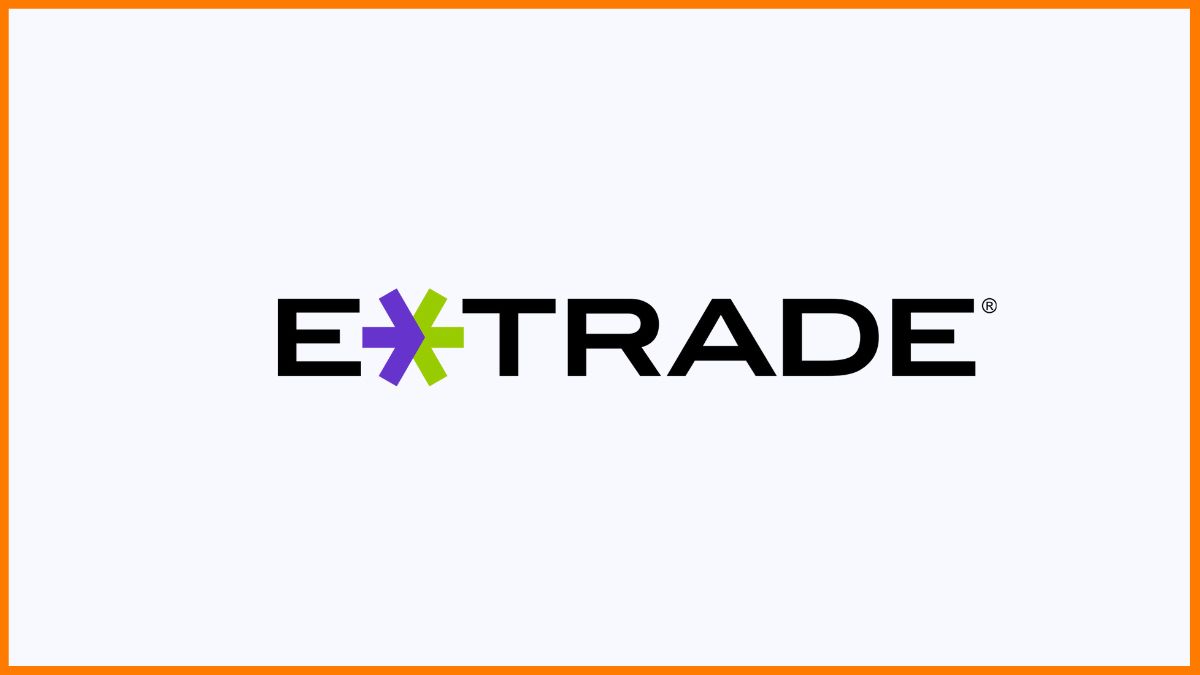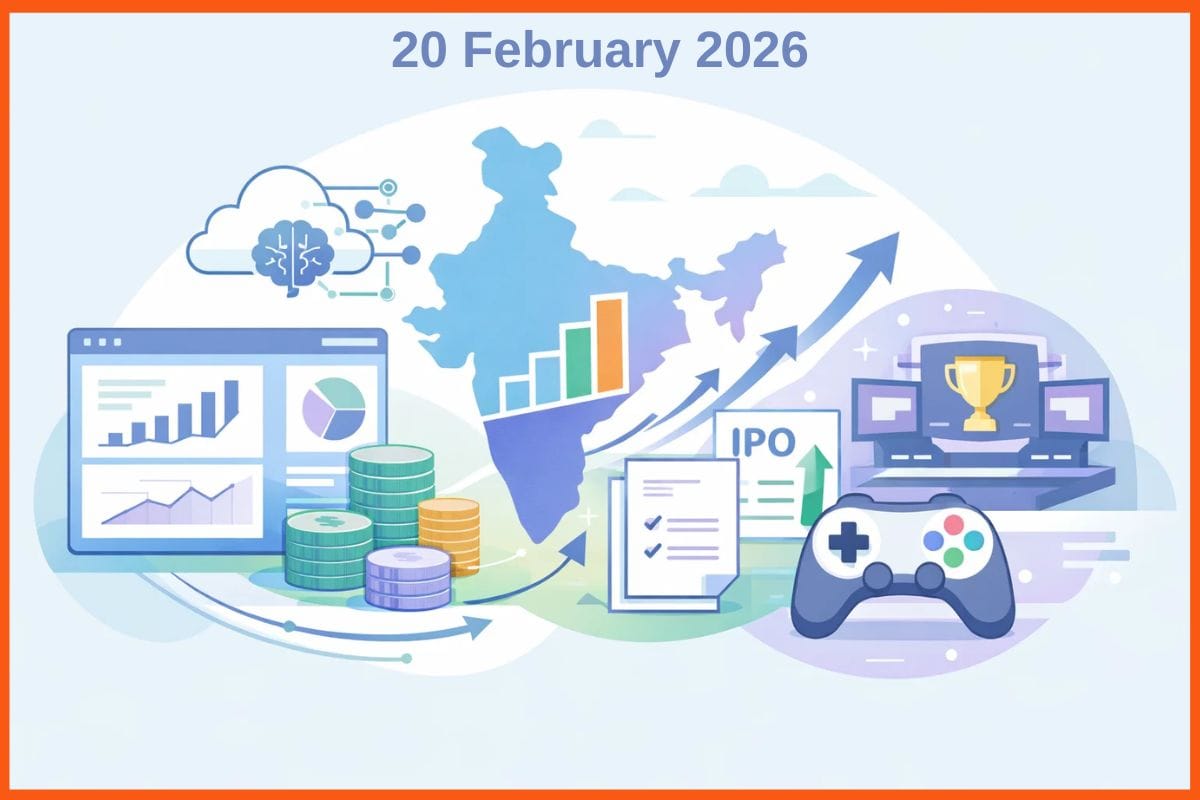ETrade Business Model | How does ETrade make money?
🔍Insights
ETrade has established itself as one of the finest online brokers for trading options as a pioneer in the online brokerage sector. It was one of the first online brokers in the United States and it became the first online broker to provide commission-free trading on ETFs, stocks, and options trades in October 2019. This makes you wonder, how does ETrade make its money? And what is its business model?
A business model is a crucial component of every startup's long-term success since it is what unlocks value. In some ways, creating a business model is more than just figuring out how to make money. With that in mind, let's look at the ETrade e-trading platform's business model.
About ETrade
Products and services offered by ETrade
What makes ETrade unique?
ETrade Business Model
How does ETrade make money?
FAQs
About ETrade

ETrade, a financial services business located in New York, was formed in 1982 by William A. Porter and Bernard A. Newcomb. Over the years, the firm has grown to over 30 outlets across the United States, making it one of the industry's pioneers.
ETrade/E*Trade is an electronic trading platform that allows novice and experienced traders to purchase and sell financial assets such as common stock, preferred stock, futures contracts, mutual funds, options, fixed-income investments, and exchange-traded funds.
Products and services offered by ETrade
Etrade earns money through various products and services, including a day trading platform for retail customers. Let's take a brief look at the services that the firm provides.
- Brokerage: E-zero-commission Trade's US stock trading platform for ordinary clients is known as a brokerage account. They enable you to buy and sell equities, ETFs, mutual funds, potion, and bonds, among other things. At a low fee, you may also trade futures and options contracts, as well as bonds. Until their kid reaches the age of majority, a parent or guardian can handle a minor brokerage account.
- Services for Portfolio Management: The portfolio management service is given to both individual and institutional clients. Portfolios can be handled both automatically and manually. Depending on your circumstances, you may also obtain a personally customised portfolio from a financial counsellor.
- Bank account: Individuals, families, and companies may open a bank account with ETrade, which provides higher-interest savings and checking accounts. Free initial checks, online bill pay, and an ATM/debit card are all available. You may also use the free Transfer Money service, pay with your credit card online, and borrow against your investments.
- Retirement services: ETrade offers retirement (IRA) accounts for tax savings, minor's savings that an adult may handle for the benefit of a child until they reach the age of majority, and persons commencing their savings at the age of 59.5 years old.

What makes ETrade unique?
ETrade has a long history as an online broker, and its platforms are well-known for being straightforward to use. And even though it offers many services, including news, research, and screeners, ETrade is still simple to use.
ETrend features a user-friendly interface that allows you to personalise the platforms according to how you want to connect with them.
ETrade offers three web-based/downloadable platforms and two mobile apps, making it an excellent alternative for passive investors and casual traders. To help optimise the value of deposits earned in its brokerage operation, it also offers banking products through the ETrade Bank, an FDIC-registered federal savings bank.
It joins a growing number of online brokers that have switched to commission-free stock, ETF, and options trading in October 2019.
ETrade Business Model
ETrade employs a strategy that generates revenue from payment for order flow as well as interest income earned on the free float. To generate income on customer funds, ETrade invests them in money market accounts. Margin rates levied on purchasing or shorting stocks on the business's platform also generate revenue for the company.

How does ETrade make money?
ETrade charges no commissions, which begs the question: how does ETrade make money?
Margin
Clients at ETrade pay interest on money borrowed to buy stocks and on money borrowed to short stocks. For many broker-dealers, margin interest is a crucial source of revenue, and ETrade is no different. It has rates that are higher than the national average. Depending on the total amount borrowed overnight, they start at 8.95 per cent and go down.
Flow of Orders
ETrade makes the majority of its money through monetising its order flow. Customers' buy and sell orders are sent to market makers for execution by ETrade. The company is compensated for the order flow in exchange.
When E-margin Trade's customers borrow money to short or purchase stocks, ETrade receives interest. A transaction-fee mutual fund costs $19.99 to buy or sell at the business.
This is a standard business procedure; therefore, ETrade isn't doing anything out of the ordinary here. ETrade sends orders to the groups to adjust for the order flow. This is also a frequent industry practice.
ETrade receives less than a cent per share on average for routing orders. That may not seem like a lot, but when you consider that there are about 300,000 trades each day, with several shares per order, it adds up.
Earnings from interest
ETrade advertises heavily on the need of filling your brokerage, bank, retirement, or PMS accounts with them since the more money you invest with them, the more interest you get. The business of ETrade is based on the interest produced by the float, which is invested by millions of customers. Offering free trading to retail investors is a fantastic way to improve their float because they are the least likely to trade actively.
Service charges
Portfolio management, retirement accounts, and other essential portfolio services are also profitable for ETrade. Fees and service charges are how they make money from these services.
The fees for portfolio management vary from $500 to $250,000, with a 0.30 per cent to 0.75 per cent cost.
ETrade charges $25 for premature withdrawals, excess contribution withdrawals, and re-characterisations in retirement accounts (changing from Roth IRA to Traditional IRA).
And, depending on the debit balance available at the time of the trade, margin trading costs range from 5.45 per cent to 8.95 per cent.
In the year 2019, ETrade generated $588 million in fees and service charges.
Commissions on mutual funds
ETrade charges $19.99 to buy or sell a transaction-fee mutual fund. It costs $49.99 to sell a no-load, no-transaction-fee fund fewer than 90 days after acquisition.
ETrade also profits from mutual fund trades through 12b-1 fees, sub-accounting fees, shareholder service costs, and marketing support payments.
Trading Commissions
Only ten to twenty per cent of the millions of traders are active. Active traders, on the other hand, trade often and in large amounts. And many of them trade futures and options, the most lucrative part of the stock market.
This 20% of active traders generate twenty times the money that they lose by providing free trading.
Fees for Futures, Options, and Bonds on ETrade
The larger the number of active traders operating in any of these categories, the higher the commissions because ETrade works with huge volumes rather than premium pricing.
This information makes you wonder if ETrade is losing money on these products. ETrade loses money on its free service. However, because over 80% of traders aren't active in the markets, they don't lose much money. ETrade lost $23 million in securities trading fees in 2019. The $23 million loss is well worth it for their business model, given the $421 million in trading commissions they receive from active traders.
FAQs
When was ETrade Financial Corporation founded?
ETrade Financial Corporation was founded in 1982.
Does ETrade charge commission?
ETrade does not charges commission for online US-listed stock, ETF, and options trades.
Which is the parent company of ETrade?
Morgan Stanley is the parent company of ETrade.
Who are the competitors of ETrade?
Some of the top competitors of ETrade are:
- HyperStock
- Firstrade
- SAG Investor
- Scottrade
- MProfit
- RetailGraph
- eSignal
Must have tools for startups - Recommended by StartupTalky
- Convert Visitors into Leads- SeizeLead
- Website Builder SquareSpace
- Run your business Smoothly Systeme.io
- Stock Images Shutterstock






